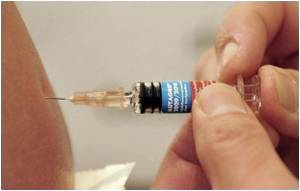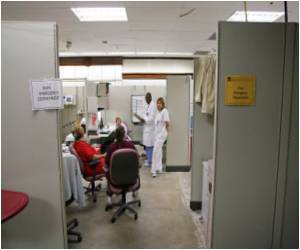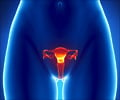In U.S. barriers to human papillomavirus (HPV) vaccination among adolescents range from financial concerns and parental attitudes to social influences and concerns about the vaccination's effect on sexual behavior.

HPV vaccine coverage among teenagers has increased since the vaccine was licensed in 2006 but it still remains low compared with other recommended vaccinations. Most HPV infections will clear on their own, but persistent infections can progress to precancers or cancers, including cervical, vulvar, vaginal, penile and anal cancer, as well as cancers of the mouth and throat. Vaccination is recommended for both girls and boys, based on age requirements for the specific vaccines, according to the study background.
Dawn M. Holman, M.P.H., of the Centers for Disease Control and Prevention, Atlanta, and colleagues conducted a review of the literature on barriers to HPV vaccination. Their findings summarize 55 relevant articles, which include data collected in 2009 or later:
• Healthcare professionals cited financial concerns and parental attitudes and concerns as barriers to providing the vaccine to patients.
• Parents often reported barriers that included needing more information before vaccinating their children, as well as concerns about the vaccine's effect on sexual behavior, the low perceived risk of HPV infection, social influences, irregular preventive care and vaccine costs.
• Some parents of boys reported a perceived lack of benefit for vaccinating their sons.
• Recommendations from health care professionals were consistently reported by parents as one of the most important factors in their decision to vaccinate their children.
"Continued efforts are needed to ensure that health care professionals and parents understand the importance of vaccinating adolescents before they become sexually active. Health care professionals may benefit from guidance on communicating HPV recommendations to patients and parents," the study concludes.
Source-Eurekalert
 MEDINDIA
MEDINDIA



 Email
Email









